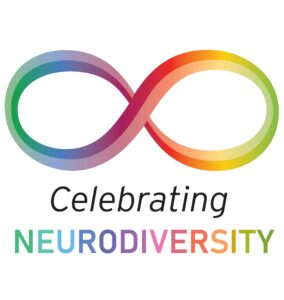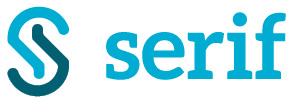It is #neurodiversitycelebrationweek 18 March to 24 March 2024. An initiative that challenges stereotypes and misconceptions about neurological differences Details can be found here. A chance for celebrating and embracing neurodiversity in the workplace.
In recent years, there has been a growing recognition of the value of neurodiversity in the workplace. Neurodiversity encompasses a range of neurological variations including Autism Spectrum Disorder (ASD), Attention Deficit Hyperactivity Disorder (ADHD), dyslexia, dyspraxia, and others. Rather than viewing these differences as disabilities, many companies are beginning to see them as strengths that can bring unique perspectives and talents to the workforce. As a result, Human Resources (HR) departments play a crucial role in creating an inclusive environment that supports neurodiverse employees. Here’s how HR can support neurodiversity in the workplace:

-
Education and Awareness:
Employers should provide training to employees and managers to raise awareness about neurodiversity and work towards reducing the stigma. This training should cover common neurodiverse conditions, their strengths and challenges, and strategies for supporting neurodiverse colleagues.
-
Accommodations and Support:
HR should work with neurodiverse employees to identify any accommodations or adjustments they may need to perform their jobs effectively. This could include providing assistive technologies, offering quiet workspaces, or adjusting communication styles. Additionally neurodiverse individuals may have different work preferences and needs, HR could consider offering flexible work arrangements such as remote work options, flexible hours, or job-sharing opportunities. This allows neurodiverse employees to work in ways that best suit their strengths and abilities.
-
Inclusive Recruitment Practices:
Look to implement inclusive recruitment practices to attract and hire neurodiverse talent. This may involve reviewing job descriptions to ensure they are free from biased language, providing alternative application methods, and offering interview accommodations such as extra time or written communication options.
-
Mentoring and Support Networks:
Facilitate mentorship programs and support networks for neurodiverse employees. Pairing neurodiverse employees with mentors who have similar experiences can provide valuable guidance and support, while also fostering a sense of community and belonging.
-
Regular Check-ins and Feedback:
Arrange and conduct regular check-ins with neurodiverse employees to solicit feedback on their experiences in the workplace. This feedback can help identify any areas for improvement and ensure that the necessary support is being provided.
-
Continuous Learning and Development:
HR are key in promoting a culture of continuous learning and development where neurodiverse employees have opportunities to enhance their skills and advance their careers. This could involve offering training programs, workshops, or access to resources specifically tailored to their needs.
By implementing these strategies, HR departments can play a vital role in creating an inclusive and supportive workplace environment that celebrates neurodiversity. Embracing neurodiverse talent not only benefits individual employees but also contributes to a more innovative and successful organization as a whole.
Want t discuss how some more please contact us here.


